- bit.bio has undertaken a COVID-19 risk assessment and we are COVID secure
- info@bit.bio
- +44 (0) 1223 787 297
News | CEO Mark Kotter speaks at TEDxCambridgeUniversity
March 26, 2021 | Published by bit.bio

CAMBRIDGE, Friday 26 March 2021 — On Saturday 20 March 2021, bit.bio CEO and founder Mark Kotter was a speaker at the TEDxCambridgeUniversity ‘Untangling networks’ event.
Dr Kotter was speaking about his work as a neurosurgeon, stem cell biologist and an entrepreneur. Many of the conditions he faces as a doctor, whether they are cancers, genetic or degenerative conditions, need more than a scalpel and screws or cannot be treated successfully with conventional drugs either because they require the regeneration of lost cells. It was this realisation that led him to tell the story about how he’s coding cells for health. Watch the full featured talk on YouTube, or below to find out more.
CEO bit.bio, TEDxCambridgeUniversity March 2021
One of the biggest hurdles in human cell research is a supply of human cells. It’s the same problem that the mass manufacture of cell therapies faces. Current methods are not sufficient to produce a reliable, scalable and consistent supply of cells without the need to rely on a patient. The lack of a reliable source of human cells also holds back scientific discovery and the development of more traditional drugs. To make cells available for everyone and to be able to treat other conditions, Mark’s team developed opti-ox™ to manufacture cells at industrial scale. opti-ox is a synthetic biology approach that empowers control of biology. Applied to stem cells, it enables the rapid and precise production of any human cell through the reprogramming of the cell’s DNA. This approach unlocks the potential of human cells for research, drug discovery and cell therapy.
Dr Kotter concludes the speech with bringing hope to patients that one day, he will be able to inject some cells into their spinal cords, and perhaps connect them to an electronic device in order to make them walk again and give them back the use of their hands.
Latest news
-
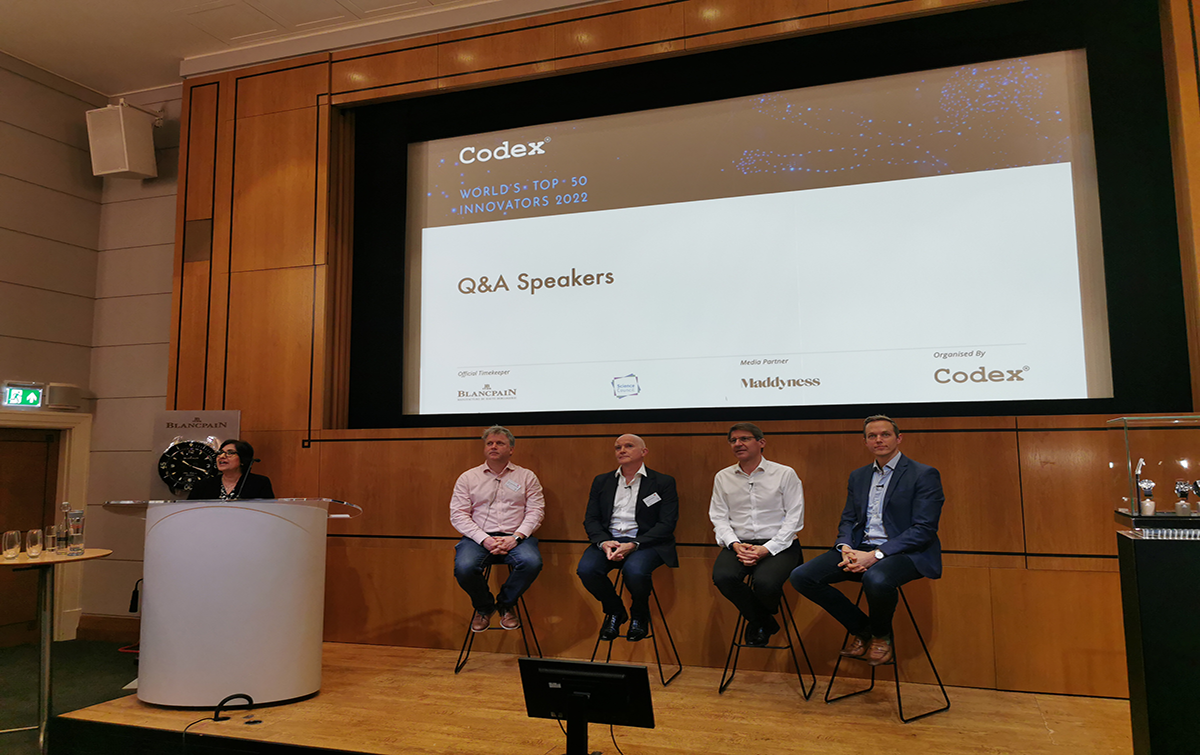 News | Watch our CEO explain LifeOS and its potential in just 15 mins
News | Watch our CEO explain LifeOS and its potential in just 15 mins
-
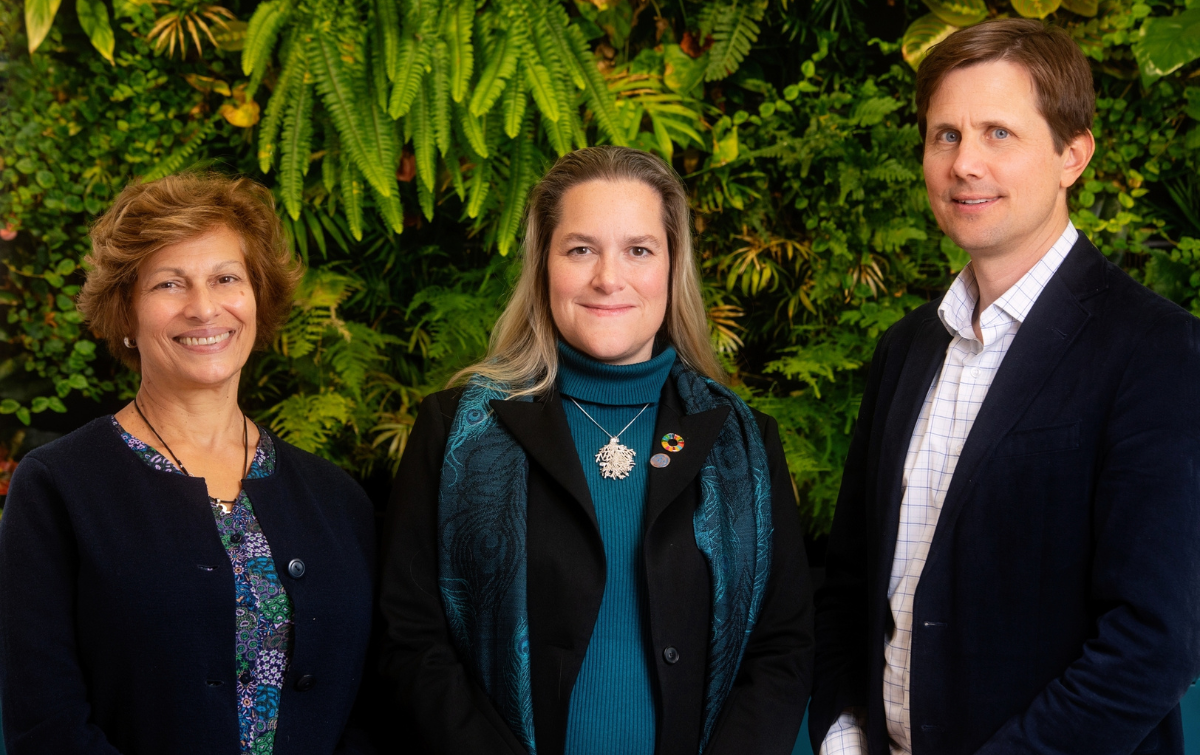 Press release | bit.bio expands independent Ethics and Sustainability Board
Press release | bit.bio expands independent Ethics and Sustainability Board
-
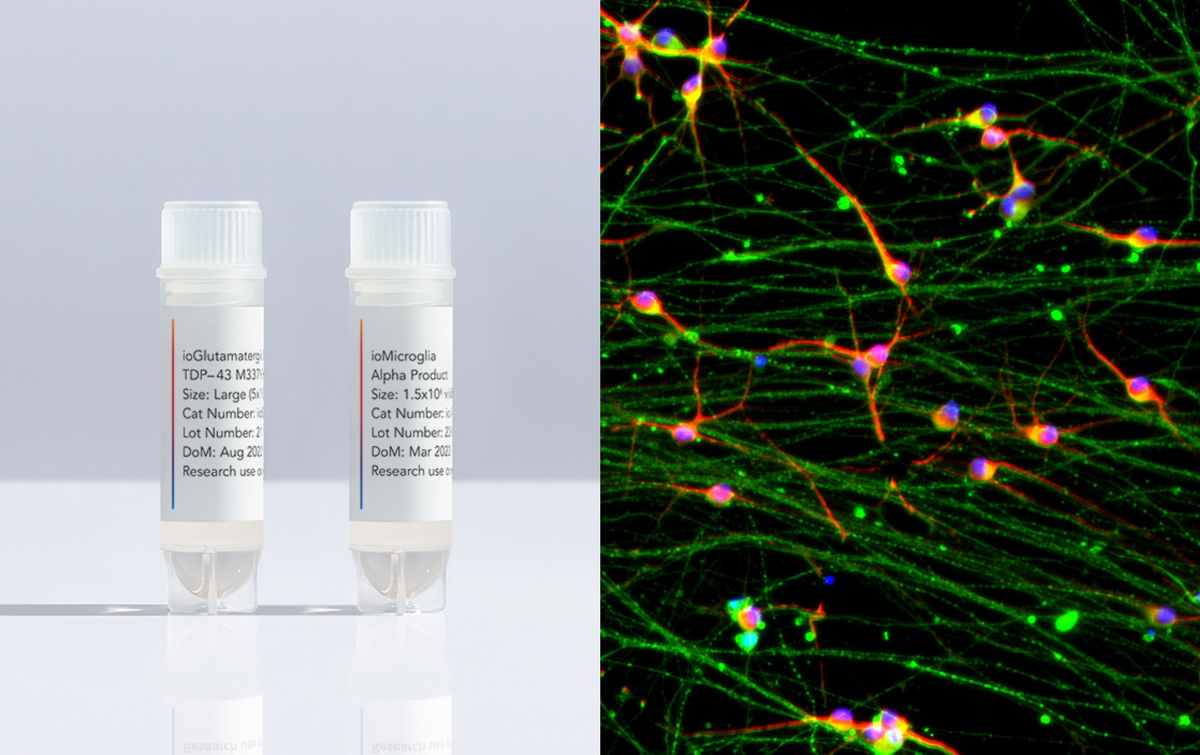 Press release | new cell products for neurodegenerative disease
Press release | new cell products for neurodegenerative disease
-
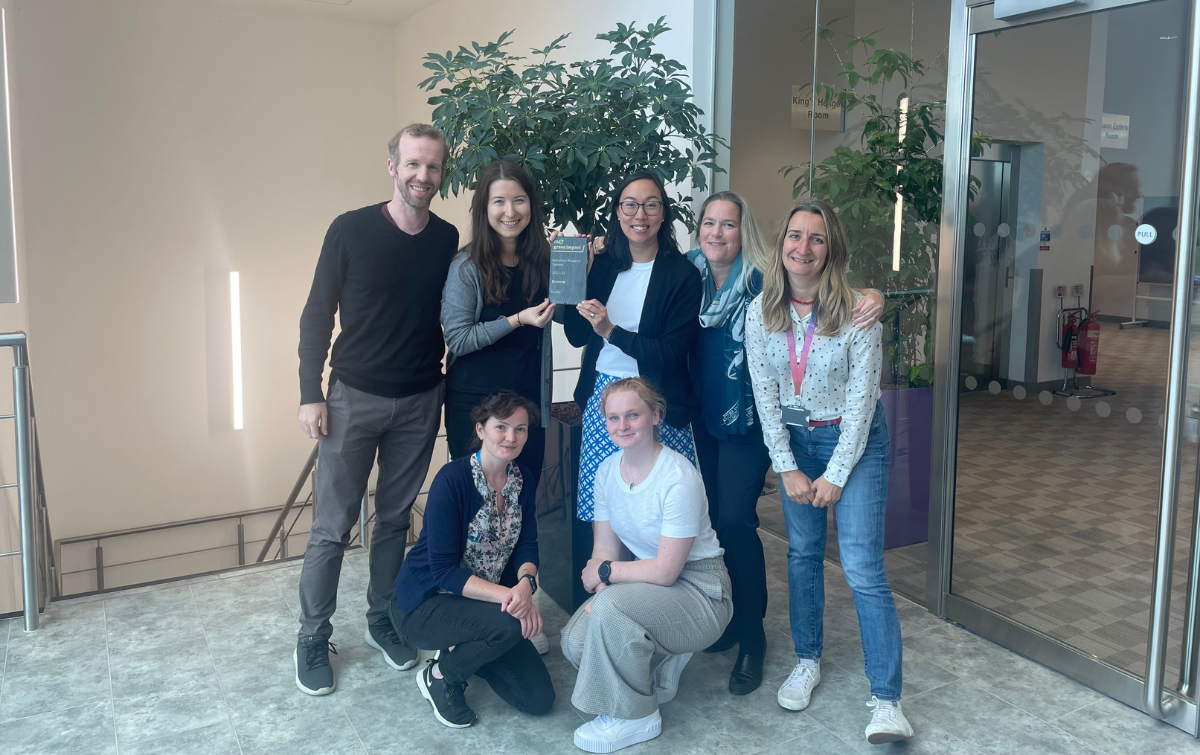 News | Continuing to building a sustainable business
News | Continuing to building a sustainable business
-
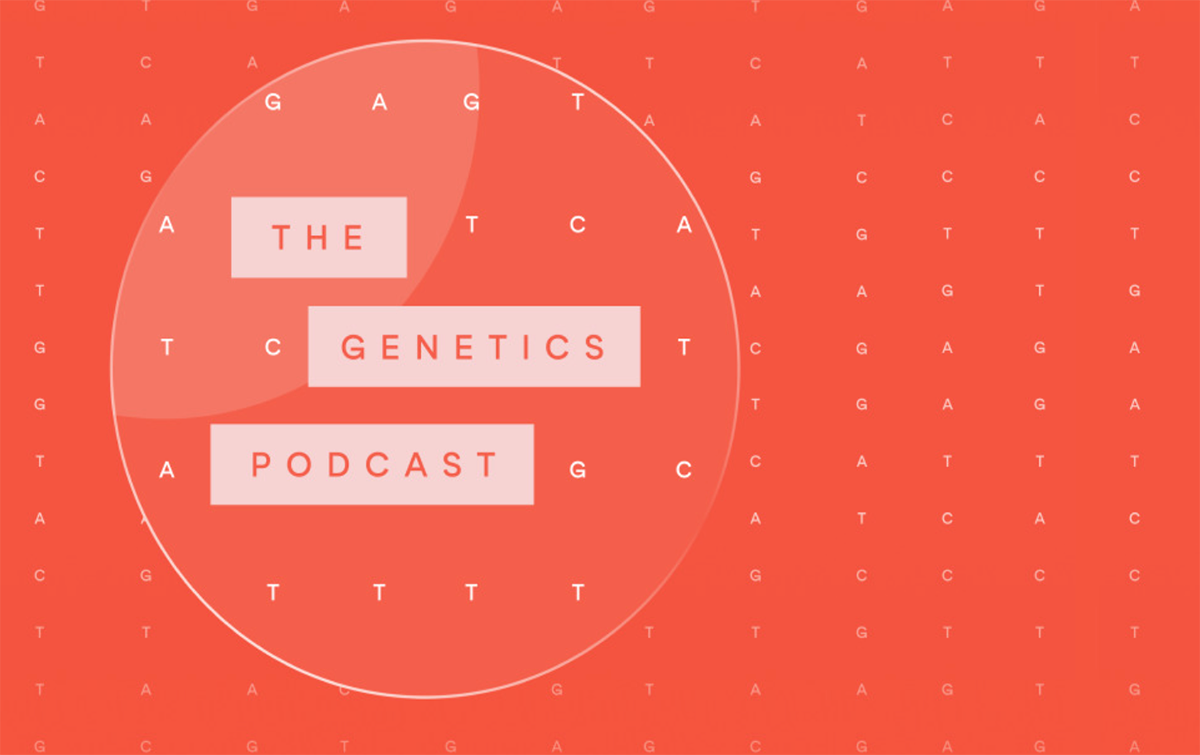 Podcast | Founder/CEO Dr Mark Kotter speaking on The Genetics Podcast
Podcast | Founder/CEO Dr Mark Kotter speaking on The Genetics Podcast
